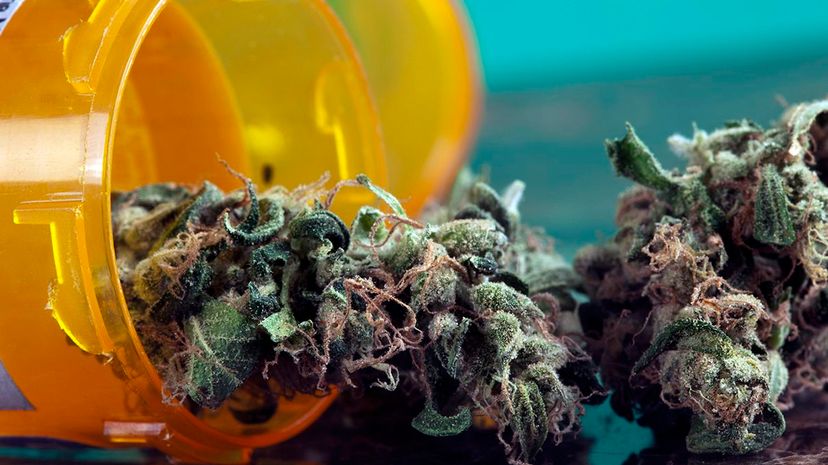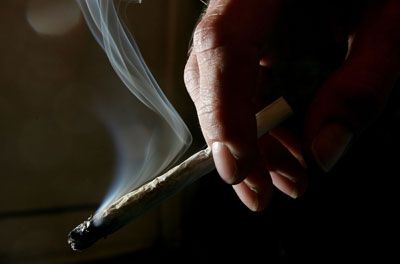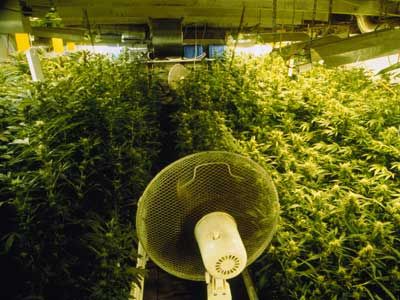
Can ingesting low doses of tetrahydrocannabinol (THC), the psychotropic chemical in marijuana, improve the memory of the elderly? German and Israeli researchers believe so.
In a study published in the May journal of Nature Medicine, scientists from the University of Bonn and The Hebrew University of Jerusalem found that when older mice received low doses of THC, their memories improved. The discovery may give doctors a new tool to help boost cognitive development in older people, especially those with dementia.
Advertisement
The findings are somewhat of a shocker, considering studies have consistently shown that long-term marijuana use by adolescents can alter the structure of their brains, specifically those areas that deal with memory. In this latest research, however, scientists say the opposite is true, at least when it comes to elderly mice.


